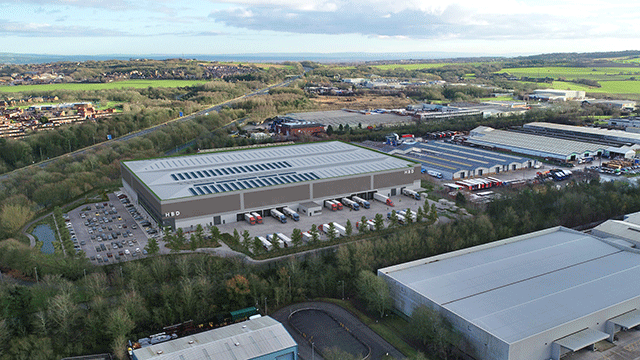Farm track serving as extension to made up road – Vendor conveying two plots extending into track – Vendor’s successor claiming implied right to enter and carry out road widening – Whether such intention necessarily to be inferred from circumstances
In 1920 a farmer (CH) acquired Lostock Hall Farm, located in Poynton, Cheshire. The eastern boundary was formed by the then unmade Lostock Hall Road (the road), which was 40ft wide and afforded access to a highway lying to the north. Over the following five years CH divided the northernmost part of the farm into various housebuilding plots, each of which fronted the road, which was then made up to the point (the termination point) where it met the land retained by CH. In 1928 CH sold a plot (the Paddock) lying immediately to the south of the termination point. As described and shown in the conveyance, the Paddock jutted into the unmade section of the road to a distance of some 28ft. In 1930 the same purchaser bought further land (the additional land) immediately to the south of the Paddock, the eastern boundary again being so located as to cause a like narrowing of the road still owned by CH. Dotted lines on the plans to both conveyances indicated the original width of the unmade section of road. The 1930 conveyance referred to the road as “the roadway marked Intended Road on the said plan”. Both conveyances contained a covenant by the purchaser to erect a fence dividing the plot from the road and to bear a proportionate part of the expense of maintaining the road until the same was taken over by the local authority. In addition, both conveyances expressly reserved mineral rights in favour of CH. Neither conveyance conferred on CH any express rights in respect of that part of the road that had passed to the purchaser. Over the following years the name, “the Paddock”, came to be applied to the property occupying the entire plot conveyed in 1928 together with part of the additional land. In 1966 the claimant (C) acquired the Paddock as extended. The defendant (K) inherited the farm (retained by CH) in 1974.
In or about 1993 the parties fell into dispute over a number of matters. In proceedings commenced by C, K counterclaimed for a declaration that he was entitled to enter on to C’s property for the purpose of constructing a road, together with a right of way over the road once constructed. The judge took the view that such a right had been impliedly reserved in the two conveyances, but was subject to the (implied) proviso that work had to be commenced within a reasonable time. The counterclaim was dismissed because more than a reasonable time had passed. K appealed to the Court of Appeal.
Held: The appeal was dismissed.
1. It was common ground that there was no claim to an easement of necessity, and that, in the absence of an express reservation in the relevant conveyances, the circumstances had to be such as to raise a necessary inference that it was the common intention of the parties to reserve the right claimed: see Wheeldon v Burrows (1879) 12 ChD 31, as explained and applied in Re Webb’s Lease [1951] Ch 808.
2. However, it was not enough to show that if the parties had foreseen the eventuality that had, in fact, occurred, they would have wished to provide for it. The claimant also had to show either that there was only one contractual solution or that one of several possible solutions would, without doubt, have been preferred: see Philips Electronic Grant Public SA v British Sky Broadcasting [1995] EMLR 472; Peckham v Ellison [1998] EGCS 174; [1998] PLSCS 312. While the conveyances plainly contemplated that the made-up road would be extended southwards and that the extension would be constructed by the vendor, it was not possible to deduce with any certainty the precise nature and extent of the right that the parties intended the vendor to have. The case for an implied reservation was further weakened by the fact that the vendor had expressly reserved other matters and had taken a fencing covenant that, without qualification, was inconsistent with the right claimed. Nor could it be explained why the vendor had conveyed the strip of road if he needed it later for road widening. For those reasons, and contrary to the view taken by the trial judge, no such right could be claimed – not even a right to effect such work within a reasonable time.
Jonathan Brock QC and David Ainger (instructed by Charles Russell) appeared for the plaintiff; Simon Berry QC and John Dagnall (instructed by Halliwell Landau, of Manchester) appeared for the defendant.
Alan Cooklin, barrister







